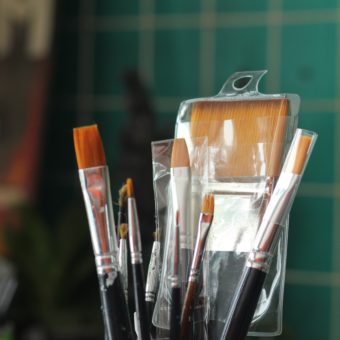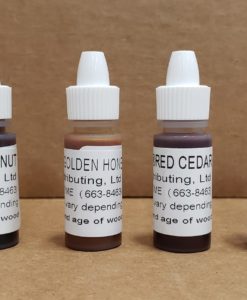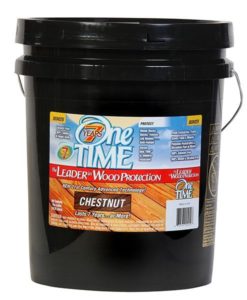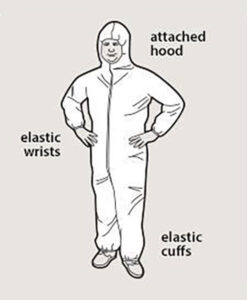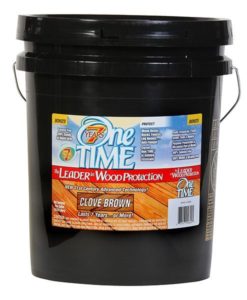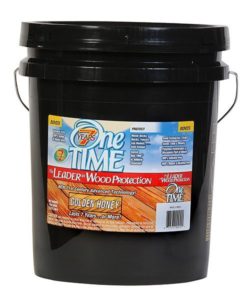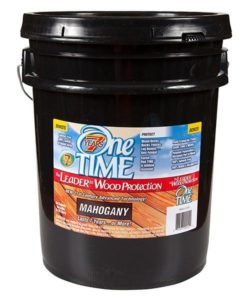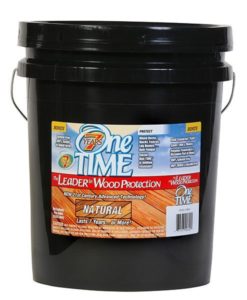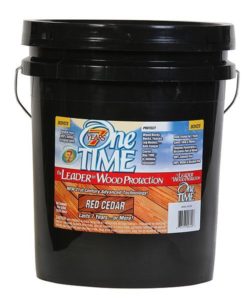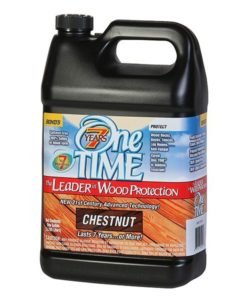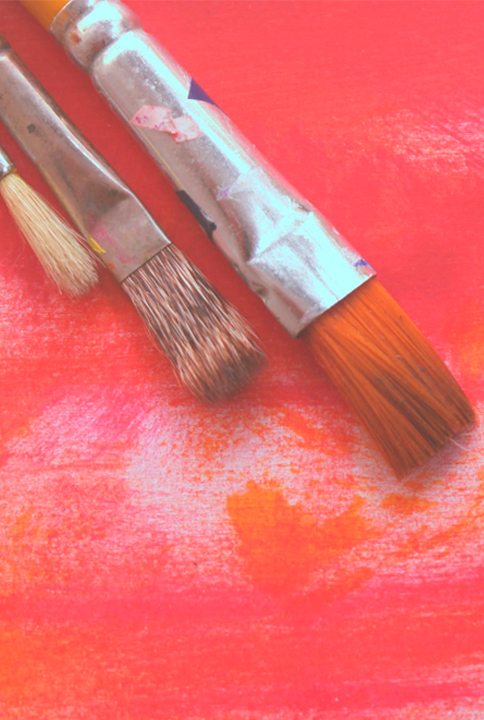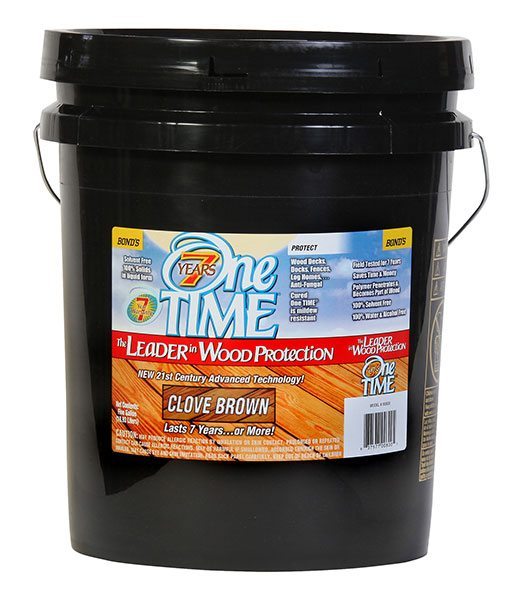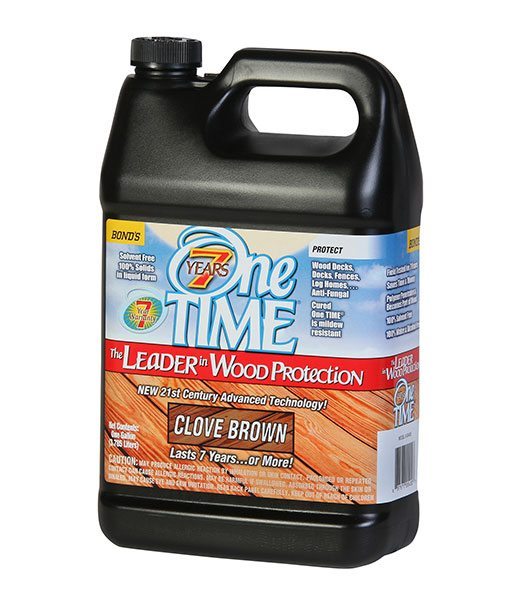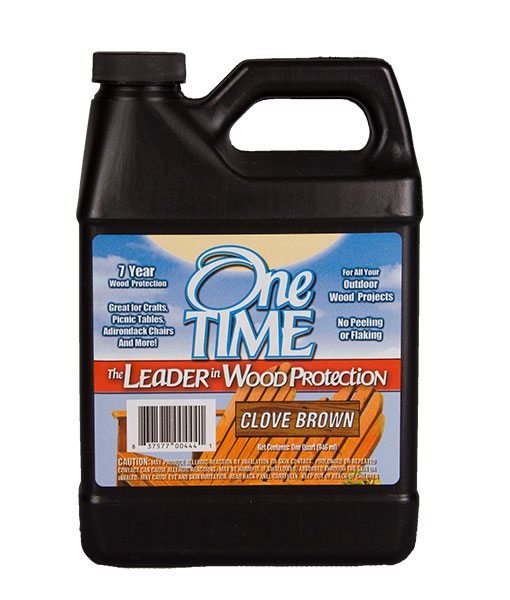blog, paint brush, painting, staining
What Paint Brush Should You Use? Paint Brush Differences
Choosing the Right Paint Brush
Don’t know what paint brush is the right paint brush? Keep reading to find out!
There are many varieties of paint brushes: natural bristles, synthetic bristles, long handle, short handle, etc. But, you may be asking, which is the right one? Choosing the right paint brush will make your work more efficient, and better quality.
Today we’ll be covering the pros and cons of several different paint brush factors. By the end of this article, you should be able to properly identify and choose the best paint brush for whatever project you may be working on!
Bristle Type
Natural Bristles
Pros
- Great for oil based paints, varnishes, shellacs, and other finishes.
- Natural bristles develop splits in the tip (flagging) giving you a smoother application of the paint and thus fewer brush strokes.
Cons
- Natural bristles should never be used with water based (latex) paints. The water is absorbed by the natural bristle and causes the brush to swell up.
Synthetic Bristles
Pros
- A synthetic bristle is the proper choice for water based (latex) paints.
- Does not absorb the paint, resulting in less loss
Cons
- The tips will not split (flagging) and therefore it will take more coats for application
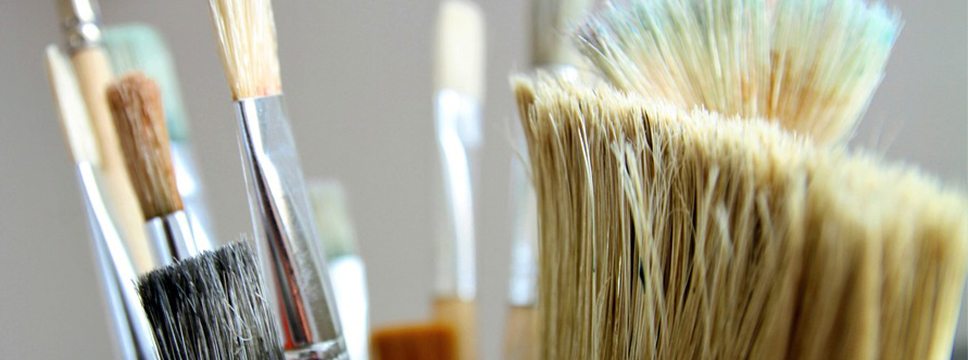
Takeaway:
Based on this, it is safe to say that when applying One TIME® Wood Preservative, it is best practice to use synthetic bristles. One TIME® is thinner than most other stain & sealers therefore, it would make sense to use a paint brush that is less absorbent. While there are also foam brushes, which work for both oil and water based stains, those shouldn’t be used because bits of the foam may end up being stuck in the finished product.
Brush Size
Wide Paint Brushes
Pros
- Great for painting/staining a large surface.
- More bristles means less trips to saturate your brush
Cons
- You have less control over the brush, it is easier to make mistakes.
Narrow Paint Brushes
Pros
- Great for intricate details.
- Gives you a ton of control while painting
Cons
- Will take MUCH longer to paint something with a smaller brush.
A wider paint brush makes much more sense when applying wood stain, at least when it is over a larger area. Keep this in mind when applying One TIME®!
Bristle Shape
For staining a deck, make sure you use a square-cut paint brush. To find out why, keep reading!
Square-Cut Paint Brush
Pros
- Great for painting/staining on straight flat surfaces
- Provides a nice even coating while painting.
Cons
- It is harder to paint in corners with a square-cut paint brush.
Sash-Cut Paint Brush
Pros
- A sash-cut paint brush is well-suited for painting around the perimeter of a room.
- Gives you a ton of control while painting in corners or across narrow areas
Cons
- Not as suited for applying stains as a square-cut paint brush.
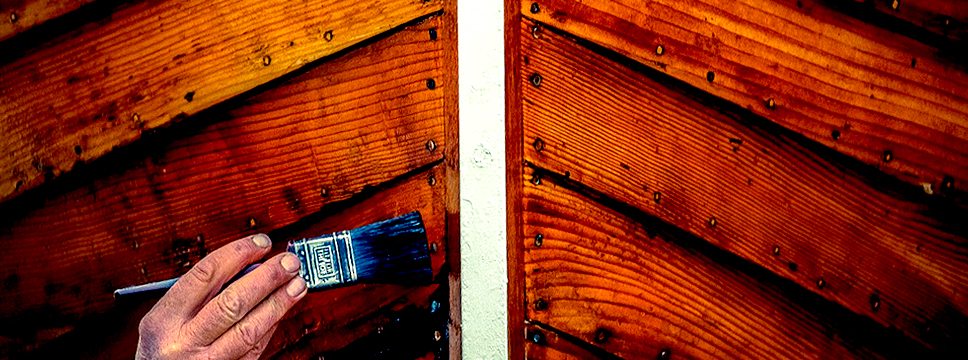
Bristle Tips
There are many types of paint brush bristle tips, but only a couple are considered “professional” to use. Flagged and Tipped bristles are considered to be the best of the options.
Flagged Tip Paint Brush
Pros
- A paint brush with flagged tips will provide a smooth even coat.
- The split ends will carry more paint
Cons
- More paint means more problems, you may end up with paint somewhere where you didn’t intend if you aren’t careful.
Sash-Cut Paint Brush
Pros
- Sash brushes are well-suited for painting around the perimeter of a room.
- Gives you a ton of control while painting in corners or across narrow areas
Cons
- Not as suited for applying stains as a square-cut paint brush.

